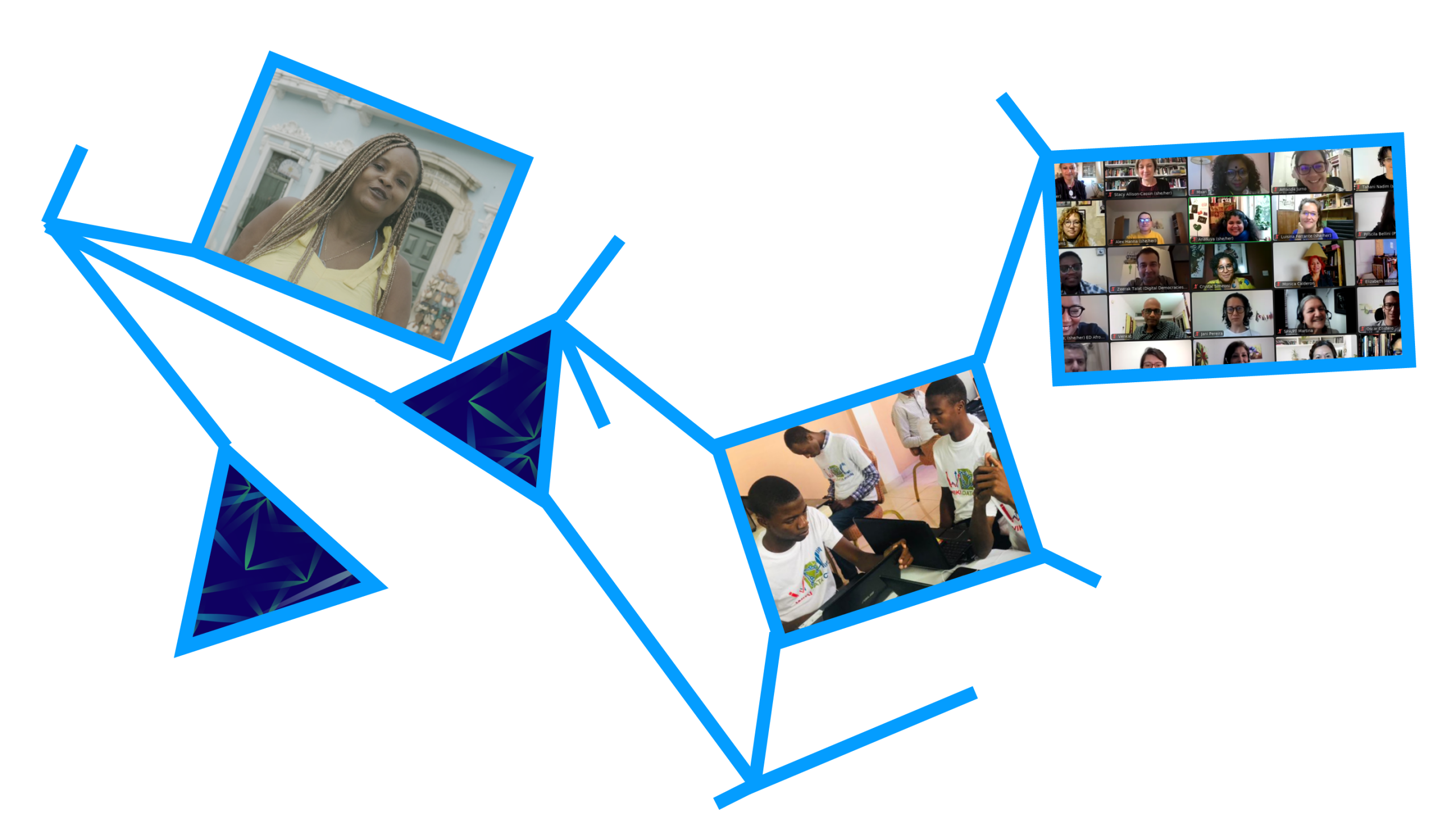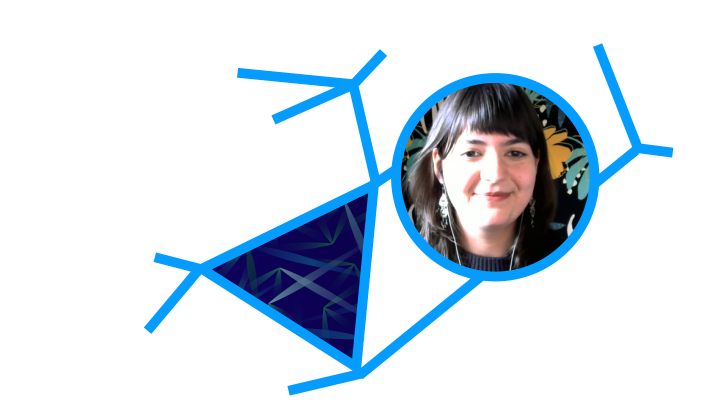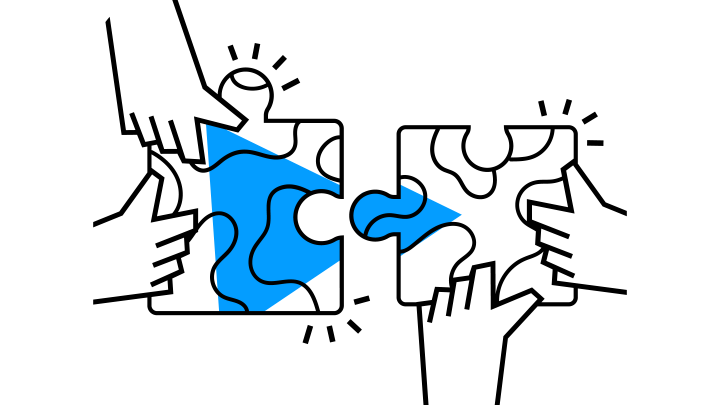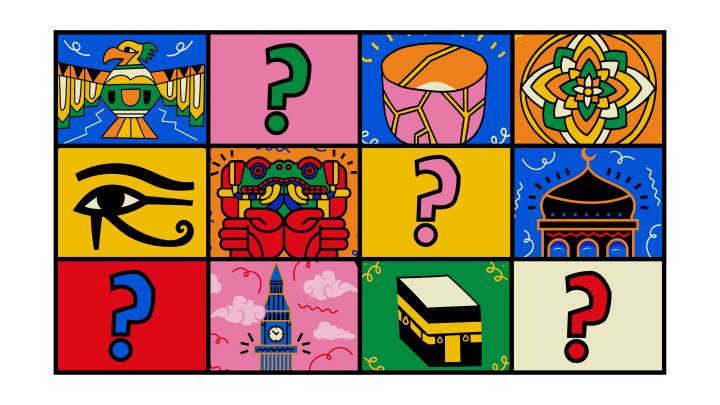WikidataCon 2021: The future of the Free Knowledge database

At WikidataCon, which took place as a virtual event in October 2021, the global community discussed the future of the free knowledge database. The event was jointly organized by Wiki Movimento Brasil and Wikimedia Deutschland. The focus was on questions about the decolonization of Open Data and the sustainability of Wikidata.
Of the 60 percent of people worldwide who have access to the Internet today, an overwhelming majority – close to 80 percent – are from the global South. “But the infrastructure of the Internet doesn’t look or sound like it does to most of us.” That’s what Wikimedian and founder of the “Whose Knowledge?” campaign, Anasuya Sengupta, noted in her talk “Decolonizing Wikidata”. Above all, she questioned a concept of knowledge that primarily allows publications from academic contexts to be considered “reliable sources”, when they continually produce exclusions. “People are knowledge, too,” Sengupta said.
The Wikimedian spoke at the virtual WikidataCon, held October 29-31, 2021. Wikidata activists, tool developers and partners came together to exchange thoughts and jointly develop new ideas and approaches for the knowledge platform. One focus was the new project “Reimagining Wikidata from the margins”, which critically questions Wikidata’s focus on Europe and North America and aims to make the knowledge of underrepresented and marginalized communities more visible.
Stepping away from the Eurocentric view
The event, co-organized by Wiki Movimento Brasil and Wikimedia Deutschland, featured keynotes, presentations, discussions, and tutorials that invited participants to continue thinking together about how Wikidata could be redesigned from the margins.
The need to decolonize Open Data was also the topic of the discussion “Brazil GLAM Panel: Wikidata for digital dissemination strategies”. Among others, João Alexandre Peschanski – coordinator of Wiki Movimento Brasil and lecturer at Cásper Libero College – referred to the problem of including data objects from cultural heritage institutions in the knowledge base without critical contextualization.
He used the engraving “America” by the 16th-century Belgian artist Stradanus as an example. The painting is in the collection of New York’s Metropolitan Museum and depicts the sailor Amerigo Vespucci’s encounter with an indigenous woman “from a European perspective, the way Europeans want to see it”, Peschanski described it.
Eight million queries per day
Technical advances and developments in the knowledge database were also discussed. It has grown enormously in recent years and currently receives eight million queries per day via the publicly accessible Wikidata Query Service – a topic also addressed in the keynote address “Scaling Wikidata Query Service – unlimited access to all the world’s knowledge for everyone is hard”.
Finally, the “Brazilian Culture Session” evoked the spirit of the global movement of Wikimedians – and invited them to work even more effectively than before on common paths in the Wikidata ecosystem.



